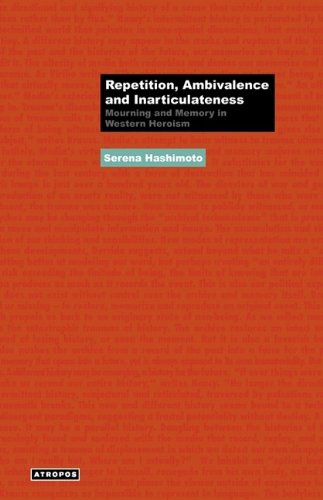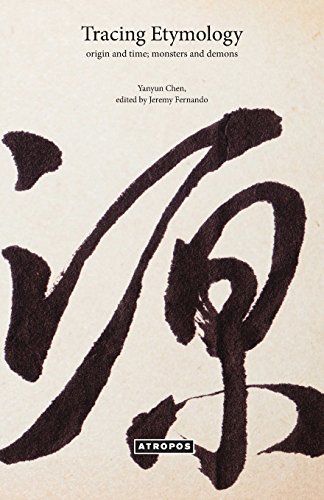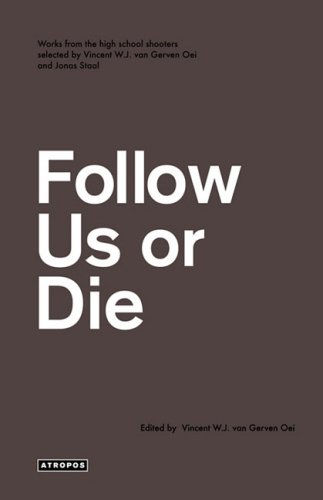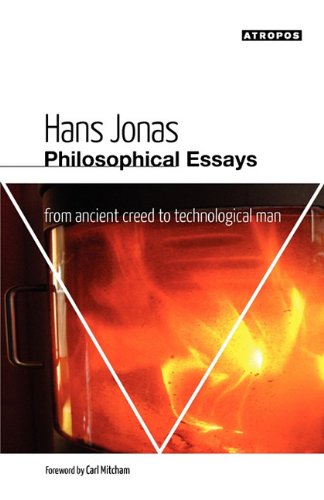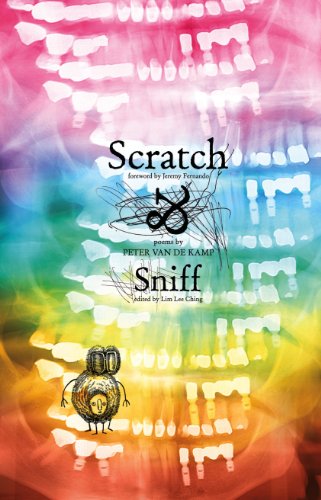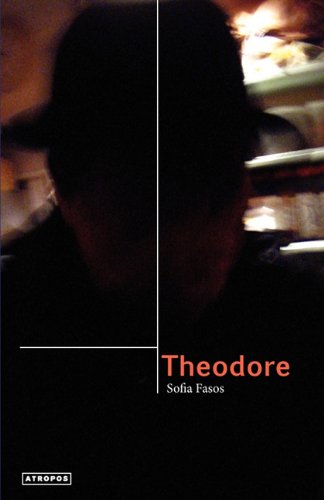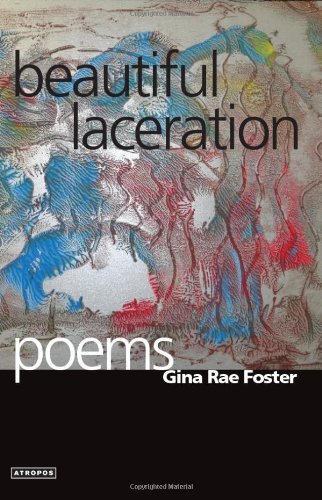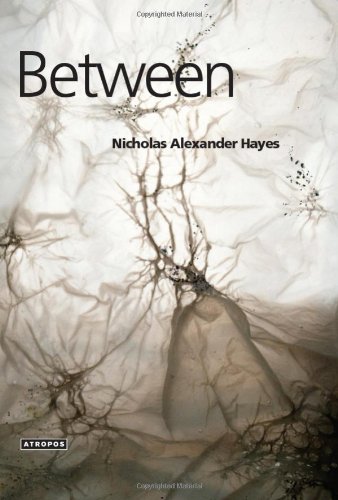Serena Hashimoto (Author), Wolfgang Schirmacher (Editor)
Repetition, Ambivalence and Inarticulateness: Mourning and Memory in Western Heroism
Paperback – 3 Aug 2009 | 178 pages | ISBN-10: 0981997295 | ISBN-13: 978-0981997292
Dostoevsky's last published pages, "The Speech by the Stone" at the close of The Brothers Karamazov, have routinely evaded serious comment. Like Oedipus and Hamlet, the murdered father in The Brothers Karamazov serves as the focal point of the novel's events. "The Speech by the Stone", however, is a nebulous treatise on the subject of mourning and memory that is only tangentially related to the father. In addition to sharing the theme of the murdered father, these texts also sketch the subject of mourning and memory with increasing significance. Here a spectrum of memory and its functioning are offered sliding from one end, articulate memory in Oedipus, to the other, the inarticulate variety suggested in "The Speech by the Stone." In the Oedipus myth, the oracular prophecy illustrates the first variety, highly coherent, concrete, and individualized memory instituted by way of a performative speech act. "The Speech by the Stone" describes inarticulate memory, defined by vagueness and collectively experiencing an emotion. This type of memory is depicted as possessing the potential to redeem the subject. Here, both the performative speech act in Oedipus and "The Speech by the Stone" are explicated in order to illuminate a bizarre corner of subjectivity where the father, memory, childhood, ambivalence, repetition, and mourning meet and suggest an invaluable component of subjectivity. Serena Lang Hashimoto received her PhD from EGS in 2004. She has published articles in Communication Theory and Critical Studies in Media Communication. Currently, she is an Associate Professor of Communication at Hawaii Pacific University.

